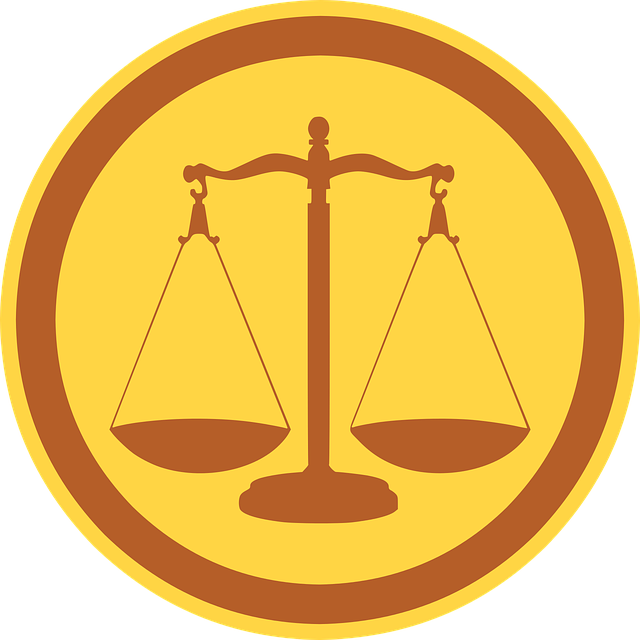Probate challenges like will disputes and complex asset ownership can cause delays and stress. Strategic planning, including comprehensive wills and trusts, streamlines estate distribution, minimizes conflicts, and ensures deceased's wishes are fulfilled. Legal expertise, mediation, and regular reviews prevent disputes, facilitate fair distribution, and foster harmony among loved ones. Expert guidance navigates complex scenarios for positive outcomes in estate distribution.
Probate, often shrouded in complexity, presents unique challenges for families navigating an emotional time. Understanding these complexities is crucial for a smooth transition of assets. This article offers expert insights into probate challenges, from estate distribution strategies to legal solutions for common obstacles. We explore efficient estate planning methods and present real-world case studies, empowering you with the knowledge to avoid post-death disputes. Discover how these solutions can ensure a peaceful resolution, facilitating the transfer of your estate as intended.
- Understanding Probate Challenges: A Comprehensive Overview
- Navigating Estate Distribution: Strategies for Smooth Transition
- Legal Solutions for Common Probate Obstacles
- Efficient Estate Planning to Avoid Post-Death Disputes
- Case Studies: Real-World Probate Challenges and Success Stories
Understanding Probate Challenges: A Comprehensive Overview

Probate challenges are complex issues that can arise during the process of administering an estate, often causing significant delays and additional stress for executors and beneficiaries. These challenges encompass a range of legal, financial, and administrative problems, each requiring meticulous attention to resolve. One of the primary concerns is ensuring a fair and accurate estate distribution, which involves distributing assets as per the deceased’s wishes while adhering to legal requirements.
Understanding these challenges is crucial in navigating the probate process successfully. Common issues include disputed wills, missing documents, complex asset ownership, and tax implications. Executors must carefully review the will, identify potential conflicts, and communicate openly with all parties involved. A comprehensive strategy, coupled with legal expertise, can help mitigate risks and ensure a smooth distribution of the estate, respecting the deceased’s final wishes.
Navigating Estate Distribution: Strategies for Smooth Transition

Navigating the complex process of estate distribution can be a daunting task, but with careful planning and strategic moves, a smooth transition is within reach. The key lies in understanding the various legal mechanisms and tools available to ensure the fair and efficient transfer of assets according to the deceased’s wishes.
One effective strategy involves drafting a comprehensive will that clearly outlines the distribution preferences. This document serves as a roadmap, guiding the probate process and minimizing potential conflicts. Additionally, establishing trusts can offer greater control over asset distribution, especially for vulnerable beneficiaries or complex estates. By employing these strategies, individuals can ensure their estate is distributed according to their specific needs and desires, facilitating a seamless transition for all involved parties.
Legal Solutions for Common Probate Obstacles

Probate, the legal process of administering a deceased person’s estate, often presents challenges that can complicate matters for beneficiaries and executors alike. However, with the right legal strategies in place, many of these obstacles can be successfully navigated. One common issue is contested estate distribution, where heirs or beneficiaries dispute the fairness or accuracy of the will’s provisions. In such cases, mediation or collaborative law can offer an alternative to costly and lengthy litigation. These approaches encourage open communication among all parties involved, aiming to reach a mutually agreeable solution without going through formal court proceedings.
Additionally, legal professionals can assist in addressing other probate challenges, such as invalid wills, lack of testamentary capacity, or undue influence. They can provide guidance on how to prove the will’s validity, ensure that it adheres to legal requirements, and protect against potential claims. For complex estates, setting up a trust during the individual’s lifetime may be a preventive measure. Trusts can facilitate smoother estate distribution by allowing for specific instructions regarding asset allocation, potentially avoiding probate altogether and reducing potential legal disputes.
Efficient Estate Planning to Avoid Post-Death Disputes

Efficient Estate planning is a powerful tool to avoid post-death disputes and ensure a smooth transition of assets. By proactively addressing potential issues, individuals can safeguard their wishes for estate distribution and minimize legal complications. One key strategy involves clearly defining beneficiaries and assigning specific assets to them in a will or trust. This clarity reduces ambiguity and eliminates the risk of interpretations that could lead to conflicts among family members.
Additionally, regular reviews and updates of estate planning documents are essential. Life events such as marriages, divorces, births, or significant financial changes can impact an individual’s wishes. Staying current with these events ensures that one’s estate distribution plan reflects their most recent intentions, fostering a more harmonious process for loved ones left behind.
Case Studies: Real-World Probate Challenges and Success Stories

In the realm of probate, real-world challenges often arise, requiring meticulous navigation and innovative solutions. Case studies offer a glimpse into these scenarios, highlighting both complex problems and triumphant outcomes. For instance, consider a scenario where a deceased individual’s estate included diverse assets spread across several jurisdictions, complicating the distribution process. Legal experts stepped in, employing strategic planning and cross-border cooperation to ensure a fair and efficient estate distribution.
Another compelling case involves an inheritance dispute among extended family members, where historical tensions threatened to impede a swift resolution. Skilled mediators facilitated open dialogue, fostering understanding and reaching a mutually agreeable solution. These examples demonstrate that with the right guidance and strategies, even seemingly insurmountable probate challenges can be transformed into success stories, ensuring the peaceful transition of assets as intended by the deceased.






